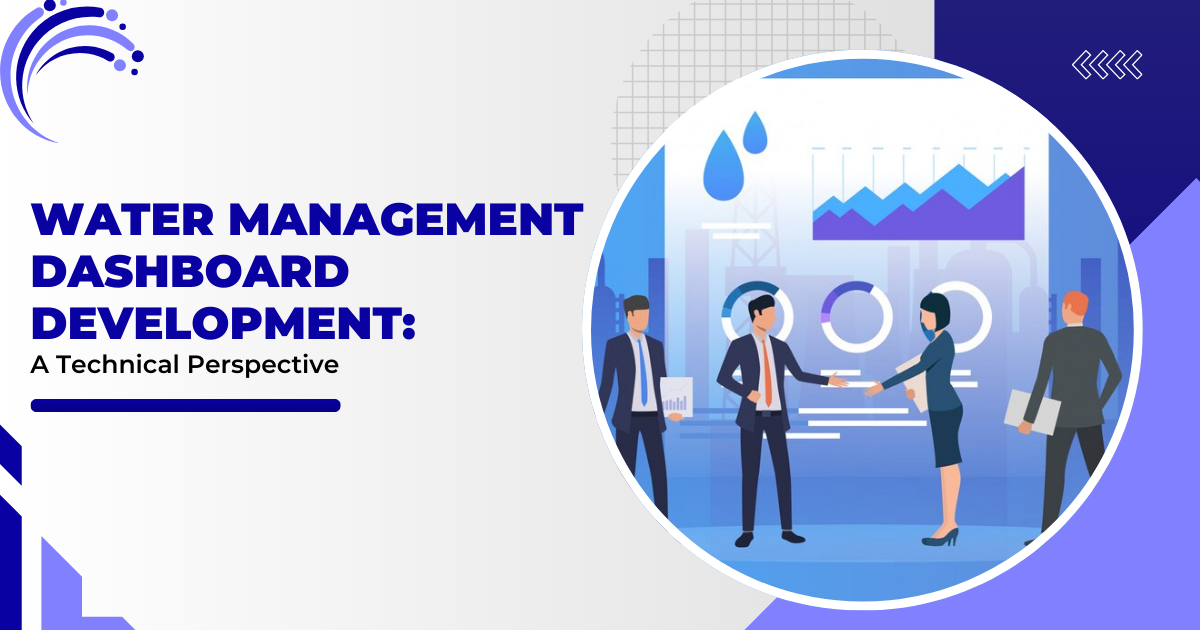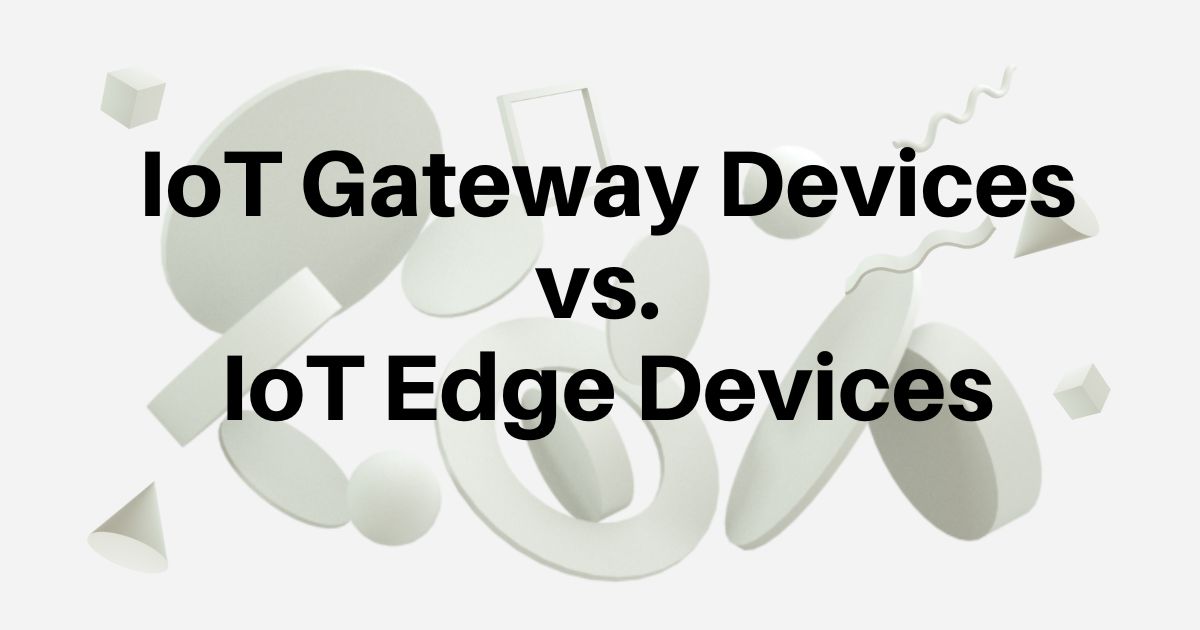The Internet of Things (IoT) has emerged as a transformative force that has the ability to disrupt our daily lives and raise our quality of life in an age where technology is constantly reshaping them. The Internet of Things (IoT) is a network of interconnected physical things and gadgets that are equipped with connections, software, sensors, and other features that enable data collection and sharing. In this post, we will examine the numerous ways that IoT might improve different facets of our lives, including healthcare, transportation, smart homes, and more.
Healthcare Revolution
IoT is reshaping the healthcare industry by providing remote monitoring and real-time data analysis capabilities. Patients can now wear smart devices that track vital signs, such as heart rate, blood pressure, and glucose levels. These devices transmit data to healthcare professionals, enabling early detection of health issues and timely interventions. For instance, wearable fitness trackers like Fitbit or Apple Watch can provide valuable insights into a user’s health, encouraging a healthier lifestyle and facilitating proactive medical care.
Smart Home Automation
IoT has given rise to the concept of the smart home, where various devices and appliances are interconnected, making life more convenient and energy-efficient. Smart thermostats like the Nest Learning Thermostat learn user preferences and adjust heating and cooling accordingly, saving energy and reducing utility bills. Additionally, IoT-controlled lighting systems can enhance security by simulating occupancy when homeowners are away, deterring potential intruders.
Transportation and Mobility
In the automotive industry, connected vehicles can communicate with each other and with infrastructure to improve traffic flow and safety. For instance, adaptive cruise control systems use IoT technology to maintain safe distances between vehicles and reduce the risk of accidents. Moreover, IoT-enabled ridesharing services like Uber and Lyft provide real-time tracking and convenience to passengers, enhancing urban mobility.
Environmental Sustainability
Environmental conservation is a global concern, and IoT plays a pivotal role in addressing it. Smart sensors are deployed in various ecosystems, monitoring air quality, soil conditions, and wildlife behaviors. These data-driven insights empower conservationists and policymakers to make informed decisions to protect the environment. For example, IoT-enabled sensors in cities can monitor air pollution levels and trigger alerts when thresholds are exceeded, leading to more rapid responses to improve air quality.
Precision Agriculture
In agriculture, IoT is revolutionizing farming practices, leading to greater crop yields, reduced resource wastage, and improved sustainability. Smart farming equipment equipped with IoT sensors can monitor soil moisture, nutrient levels, and weather conditions, allowing farmers to make data-driven decisions about irrigation and fertilization. Precision agriculture not only increases efficiency but also minimizes the environmental impact of farming practices.
Enhanced Security
IoT plays a critical role in enhancing security in both residential and commercial settings. Smart security systems use IoT sensors and cameras to monitor properties and alert homeowners or authorities in case of suspicious activities. For instance, smart doorbell cameras like Ring allow homeowners to see and interact with visitors remotely, providing an additional layer of security.
Workplace Productivity
IoT has the potential to enhance workplace productivity by optimizing space utilization and providing employees with valuable data. Smart office environments can adjust lighting and temperature based on occupancy, creating a more comfortable and energy-efficient workspace. IoT also enables asset tracking, helping businesses monitor the location and condition of valuable equipment.
Education and Learning
In the field of education, IoT can personalize learning experiences and improve student outcomes. Smart classrooms equipped with IoT devices can adapt teaching methods based on students’ progress and preferences. Additionally, IoT-powered tools can provide educators with insights into student performance, allowing for timely interventions to support struggling students.
Healthcare Beyond Hospitals
IoT extends healthcare beyond the confines of hospitals and clinics. Remote patient monitoring devices equipped with IoT technology allow patients to manage chronic conditions from the comfort of their homes. For instance, individuals with diabetes can use IoT-enabled glucose monitors that automatically transmit data to healthcare providers. This not only improves patient convenience but also reduces the burden on healthcare facilities, making them more accessible to those in need.
Public Safety and Disaster Management
IoT plays a crucial role in ensuring public safety and effective disaster management. Smart city initiatives incorporate IoT sensors in various infrastructure elements like bridges, buildings, and roads. These sensors can detect structural weaknesses, monitor for potential hazards, and provide real-time data during natural disasters. This information helps emergency services respond swiftly and allocate resources efficiently. Furthermore, wearable IoT devices can transmit distress signals and location data in emergency situations, increasing the chances of rescue for hikers, adventurers, or disaster survivors.
Energy Efficiency
IoT contributes significantly to energy conservation and sustainability. Smart grids and energy management systems use IoT sensors to monitor electricity consumption patterns and optimize distribution. Consumers can receive real-time information about their energy usage and make informed decisions to reduce consumption. For example, smart plugs and thermostats enable users to control appliances remotely, turning them off when not needed. These small adjustments collectively lead to substantial energy savings and reduced greenhouse gas emissions.
Supply Chain Management
Efficient supply chain management is vital for the global economy, and IoT is transforming how goods are transported and delivered. IoT sensors in shipping containers and vehicles provide real-time tracking and monitor environmental conditions such as temperature and humidity. This ensures the integrity of perishable goods during transit, reducing spoilage and waste. Additionally, IoT-driven predictive maintenance helps prevent breakdowns in transportation vehicles, minimizing disruptions in the supply chain.
Personalized Marketing and Retail
IoT has revolutionized the retail industry by enabling personalized shopping experiences. Retailers use beacons and RFID (Radio-Frequency Identification) tags to track customer movements within stores and analyze their shopping behaviors. This data can be used to send targeted promotions or recommendations to shoppers’ smartphones, enhancing their overall shopping experience. Additionally, IoT-enabled smart shelves help retailers manage inventory more efficiently, ensuring products are in stock when customers need them.
Waste Management
Efficient waste management is essential for urban environments, and IoT can optimize waste collection processes. Smart bins equipped with sensors can signal when they are full, allowing waste collection services to prioritize collections and reduce unnecessary trips. Moreover, IoT data can help municipalities analyze waste generation patterns and implement more sustainable waste reduction strategies, ultimately contributing to cleaner and more eco-friendly cities.
Enhanced Personal Productivity
IoT also has a role to play in boosting personal productivity. Smart assistants like Amazon’s Alexa or Google Assistant use IoT technology to respond to voice commands, control smart home devices, and provide information or reminders. These digital assistants can help individuals manage their daily tasks, and schedules, and even provide insights or recommendations based on user preferences, ultimately making life more organized and efficient.
Conclusion
The Internet of Things is a technological revolution that is transforming our world in countless ways. From healthcare and transportation to environmental sustainability and supply chain management, IoT is enhancing the quality of life for individuals and communities alike. Its ability to collect, analyze, and act on data in real-time empowers us to make informed decisions, reduce waste, save resources, and improve safety and convenience. As IoT continues to evolve, it will unlock even more opportunities to create a smarter, more connected, and ultimately better world for us all. Embracing and innovating with IoT technology is not just a choice but a necessity for the future.




